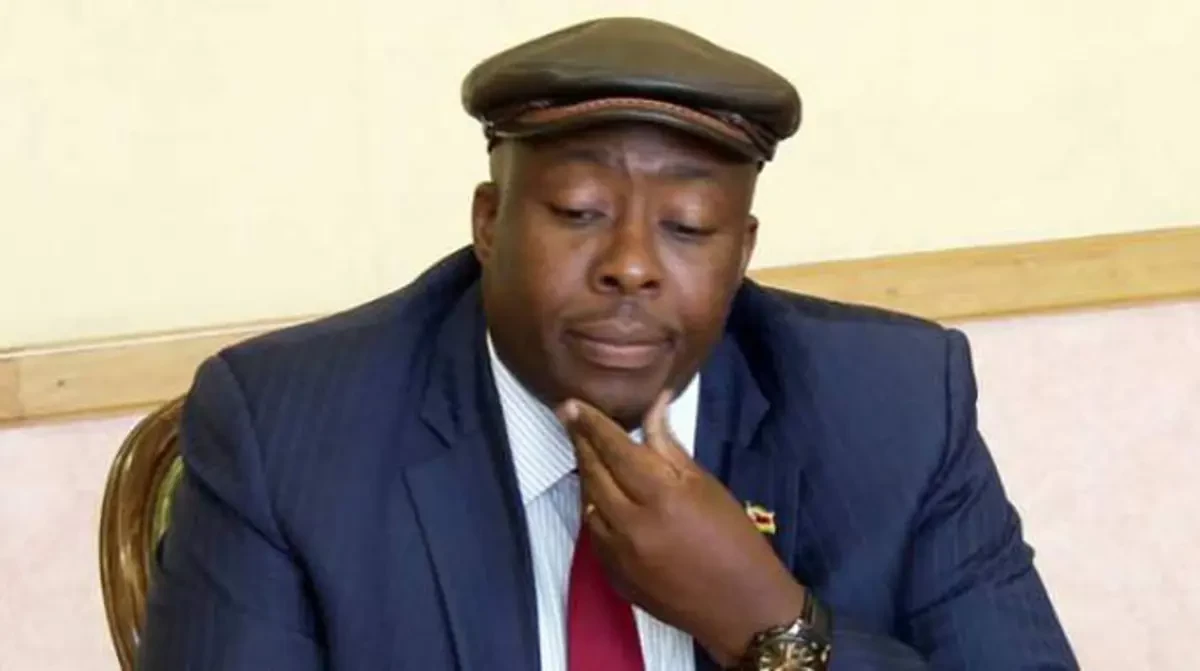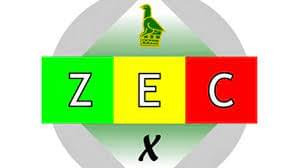EXILED former Cabinet minister Saviour Kasukuwere says he has appealed to the Southern African Development Community (Sadc) to rescue his presidential bid after he was disqualified by the High and Supreme courts from contesting the August 23 polls as an independent candidate.
Kasukuwere wrote to Sadc chairperson and Democratic Republic of Congo President Félix Antoine Tshisekedi Tshilombo protesting what he said were “unfair practices” to bar him from contesting as one of the 12 presidential hopefuls in the harmonised elections.
The Supreme Court last week dismissed Kasukuwere’s appeal of a High Court decision to disqualify him from contesting in the polls.
Kasukuwere has, meanwhile, appealed the Supreme Court ruling at the Constitutional Court (ConCourt).
Kasukuwere, who fled the country during the 2017 coup, however, told NewsDay in an interview that he was hopeful Sadc would intervene on his behalf.
“We sent the letter a few days ago and we have not yet received the response,” he said.
“But we are hopeful Sadc is a regional body that has a responsibility to respond and work with us to resolve the issues that we raised in the letter.”
In the letter, Kasukuwere said disqualifying him from contesting the presidential election would disenfranchise some Zimbabwean voters.
“Opposition parties increasingly find themselves forced to rely on legal recourse to combat the systematic hindrance of their rallies and even their participation in the electoral process,” he said.
“These challenges persist despite the growing apprehensions surrounding the independence and integrity of the Judiciary, which appear to have been compromised in certain instances.
“The recent ruling on my candidature has once again brought this issue to the forefront, further disenfranchising the Zimbabwean diaspora community.
“The manipulation of the Judiciary to restrict the democratic space is a desperate tactic that should be condemned by all those who value democracy and fairness.”
Kasukuwere also condemned the enactment of the Criminal Law (Codification and Reform) Amendment Bill, commonly referred to as the Patriot Act.
“It is disheartening to witness the erosion of our democratic space, where holding a different opinion is wrongly perceived as an act of hostility towards the State,” the former minister said.
“We firmly believe that political leadership should not be dictated by the barrel of a gun, and the increasing militarisation of Zimbabwean politics is deeply unsettling.”
In his ConCourt appeal, Kasukuwere said the Supreme Court ruling had infringed on his right to the protection of the law.
A Zanu PF activist, Lovedale Mangwana, approached the High Court accusing the Zimbabwe Electoral Commission (Zec) of violating the Electoral Act by accepting Kasukuwere’s nomination papers yet he had been out of the country for over 18 months.
The High Court ruled in his favour and Kasukuwere approached the Supreme Court for recourse.
The Supreme Court upheld the High Court ruling.
“The decision of the Supreme Court does violate the common law of Zimbabwe and is, in fact, an abrogation of the judicial function which requires that the judge renders his judgment in accordance with the express dictates of the law,” Kasukuwere submitted in his ConCourt appeal.
“Both the High Court and the Supreme Court having decided on the substantive question which forms the basis of the allegation that the judgment of the Supreme Court breaches the applicant’s right to the equal protection and benefit of the law … thus there is no other suitable fora for the final and effective disposition of the constitutional question arising as a result of the judgment of the Supreme Court,” Kasukuwere added.
Meanwhile, 12 Bulawayo Citizens Coalition for Change (CCC) aspiring legislators filed their heads of argument at the Supreme Court yesterday challenging their disqualification for allegedly filing their nomination papers after the 4pm deadline.
Some suspected Zanu PF activists challenged their nomination which they said was illegal, but the CCC aspiring legislators said the High Court erred in disqualifying them.
“Without a doubt, the court a quo misdirected itself and conducted the proceedings in an irregular manner,” they submitted.
“The question of jurisdiction is itself material. The applicant’s a quo was an electoral matter. For that reason, it was brought before the wrong forum.
“There is in that regard no lacuna (gap) in the law such as would justify the intervention of the High Court.”
In a related matter, a Bulawayo resident, Raymond Dudzai Gombedza, yesterday filed an urgent High Court application seeking the disqualification of Zanu PF Bulawayo South candidate Rajeshkumar Modi for filing his papers after the nomination court deadline.
In his founding affidavit, Gombedza said Modi’s nomination papers were submitted 20 minutes after the deadline.
“Despite the nomination court properly commencing at 10am on June 21, 2023, the nomination papers of the third respondent were in disarray,” Gombedza said.
“The disarray resulted in the third respondent being turned away by the nomination court in order to rectify the fatal defects that were in his papers.
“By 16pm on June 21, 2023, the third respondent had not submitted nomination papers before the nomination court.
“In addition, the third respondent was not within the nomination court room and premises.”
Gombedza cited Innocent Ncube, Zec nomination court presiding officer, Zec, Modi and Zec chairperson Justice Priscilla Chigumba as respondents.










